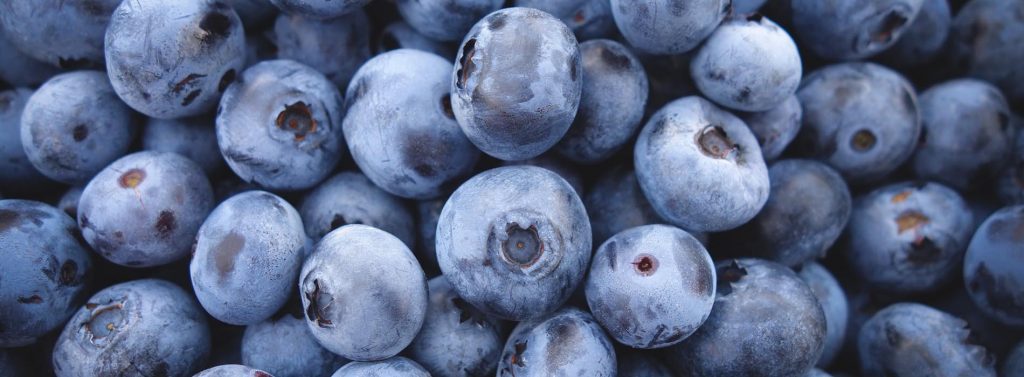Improving Dietary Quality Through Food Replacement and Reformulation

In recent years the number of reformulated foods introduced on the European market has increased enormously, with leading food manufacturing companies reporting the reformulation of at least 50% of their foods.
Irish Teenagers and Healthy Eating Guidelines

The objective of the study was to analyse the intake of food and nutrients in Irish teenagers using the Irish Universities Nutrition Alliance (IUNA) National Teens’ Food Survey 2006 and compare it against the Food Safety Authority of Ireland FSAI Healthy Eating Guidelines that were released in 2011.
Creme Global and Bioactive Compounds – Improving the Health of EU Consumers

BACCHUS is focusing on the action of bioactive substances found in foods that are common in European diets including apple, chokeberry, sweet oranges, pomegranate, cured pork products and wheat.
Sports Nutrition, Hydration and Performance – Part 1

An athlete’s diet has a significant impact on their performance, especially leading up to and during an important event. Specific nutritional recommendations have been established for athletes for before, during and after an event, in particular for fluid intake.
Can Parallel Universes Predict What We Consume?

How might we make predictions in a world of choice and randomness? If we borrow a concept from modern physics, we may be able to make lots of predictions rather than just one.
Caffeine: Getting The Right Buzz

Caffeine can be a controversial topic – many espouse its benefits while others remain wary of the negative associations. Caffeine, even in low doses, may increase alertness and improve performance efficiency tasks.
Bioactives – Small compounds with big impact

Phenolic compounds are secondary metabolites synthesized by plants that may have beneficial effects on human health and provide protection against chronic diseases.
The Clean Label Trend

Clean label is not a trend anymore, it is considered to be standard for many consumers and food manufacturers. Consequently, the food industry keeps moving toward such products, in order to meet consumers’ demands.
Saturated Fat and Heart Health – The Story of Cheese and Dairy

Most CVDs can be prevented by modifying our behaviour: not smoking, reducing our alcohol intake, being physically active and watching our weight and waistlines. Monitoring our diet, particularly our intakes of saturated fat, is also important.